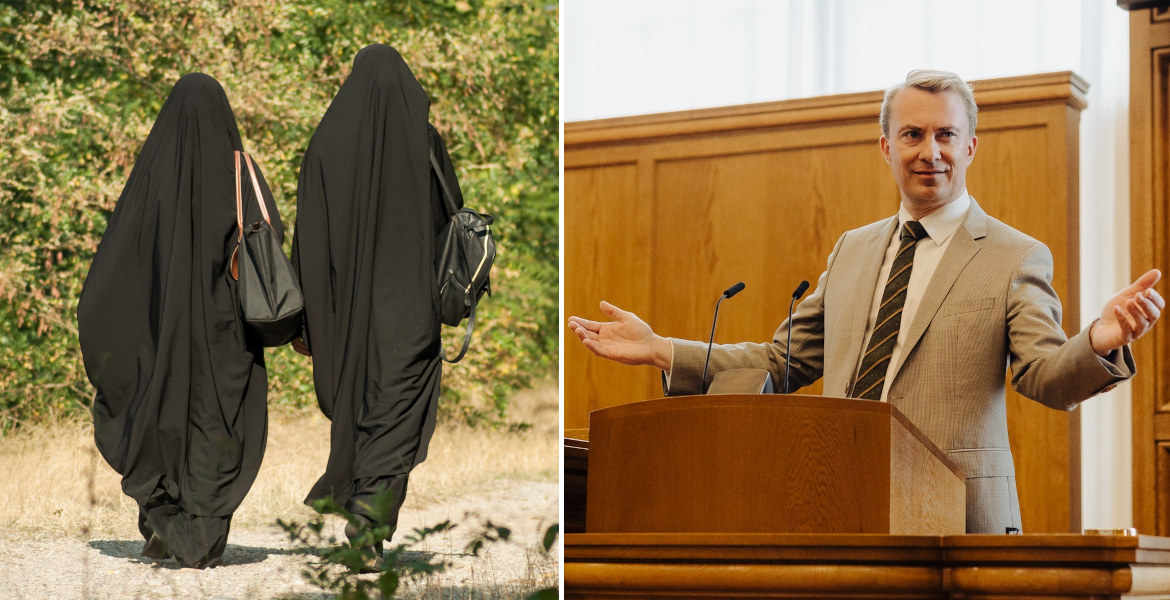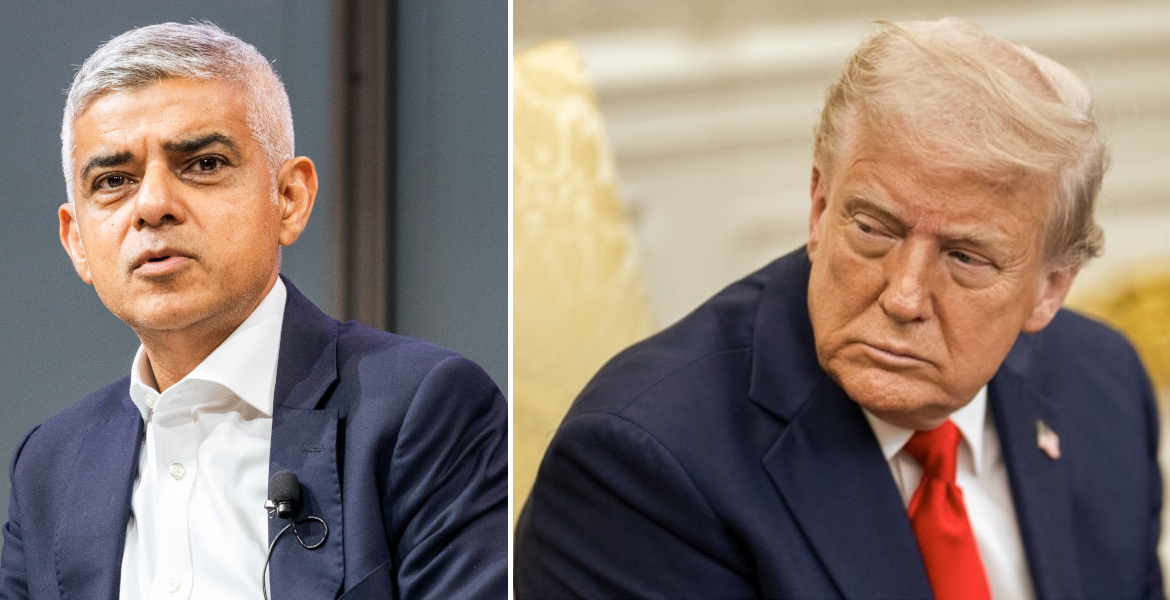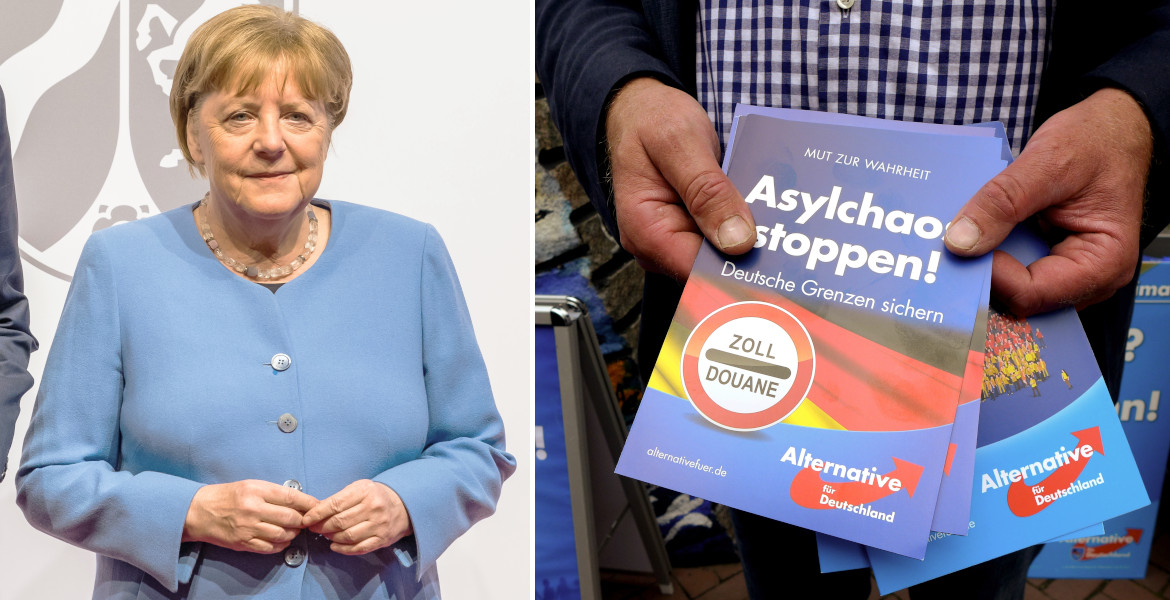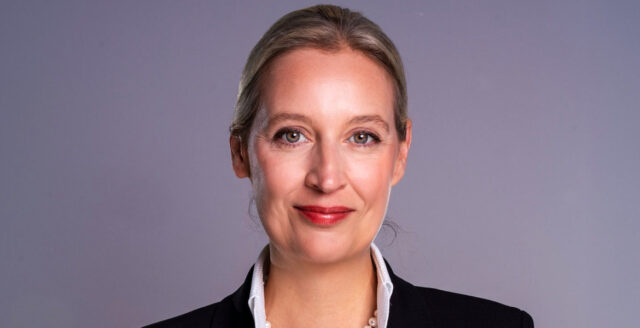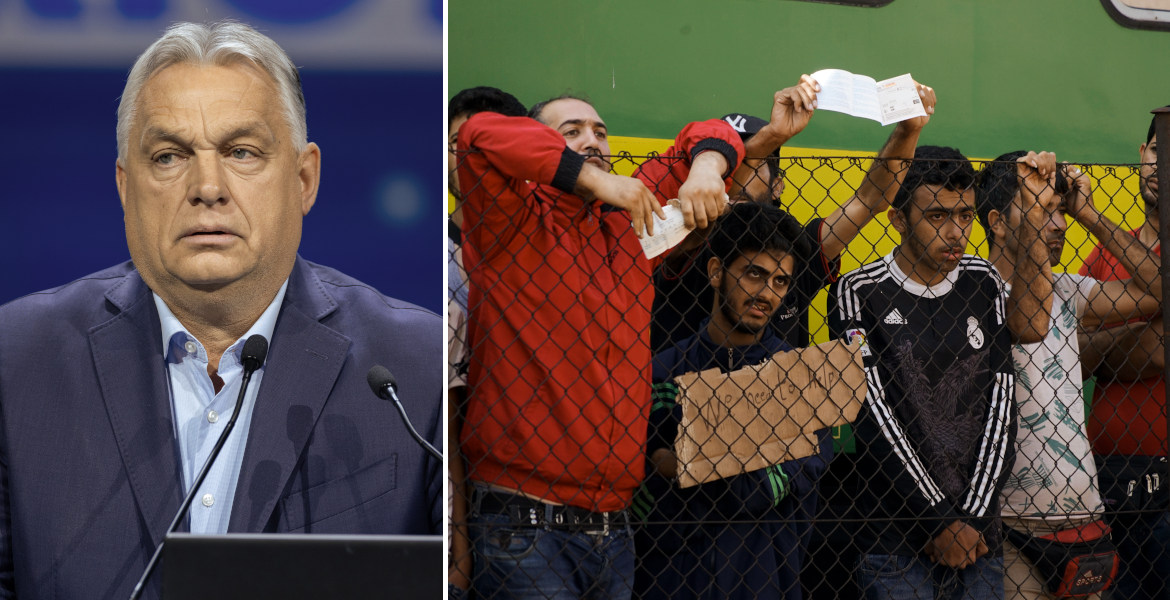Hungarian Prime Minister Viktor Orbán issues a stark warning that European nations face extinction unless birth rates increase.
In harsh terms, he criticizes Western Europe's "population replacement through migration" and explains that Hungary invests its economic resources in families instead of mass immigration.
In a post on X, the prime minister articulates his clear position:
"If a nation has no children, it has no future. The West chooses replacement through migration, we choose our families and our children. That is why we dedicate every possible economic resource to supporting them. Our future will not be imported from abroad", he states.
In a radio interview, the Hungarian prime minister develops his argument and describes the demographic crisis as an existential issue.
— In the end it comes down to a very simple thought. If not enough children are born we will disappear, says Orbán, and continues:
— It must be understood that a shrinking country cannot be successful. Thus, when a community shrinks, its members will inevitably be increasingly worse off.
"A matter of survival"
Hungary's leader emphasizes that the country's population is "a matter of survival, both in the long term from a histtorical perspective and in the short term for the sake of economy".
The Hungarian leader presents two paths for Europe to handle the demographic crisis. He is highly critical of the Western model.
— There is the Western path. There, not enough children are born and migrants are brought in one by one. There are fewer Germans or fewer French, and they are replaced by Muslims, he says.
Orbán explains Hungary's strategy: "That path can be chosen, others tried it before us, we kept our heads down, did not let foreigners in, watched what happened to those who did, and what we not see in western Europe is not attractive. I do not recommend that we copy it, but then we need to have our own children".
Massive support for families with children
The prime minister acknowledges that having children is a private matter, but emphasizes the state's role in creating conditions.
— This is of course a private matter since the state cannot decide how many children someone should have, he says, but explains at the same time that Hungary still does what it can to try to create incentives for increased childbearing.
— What we can do is to support mothers who undertake giving birth to at least two children which means that for themselves and their husbands there is one child each. So they are maintaining our community.
The Hungarian leader describes how the country recognizes and rewards families with children economically.
— We recognize them, we support them, and we do not allow them to live worse lives just because they chose to have two children than those who did not. Those who are willing to raise children must be respected, acknowledged, supported and encouraged.

